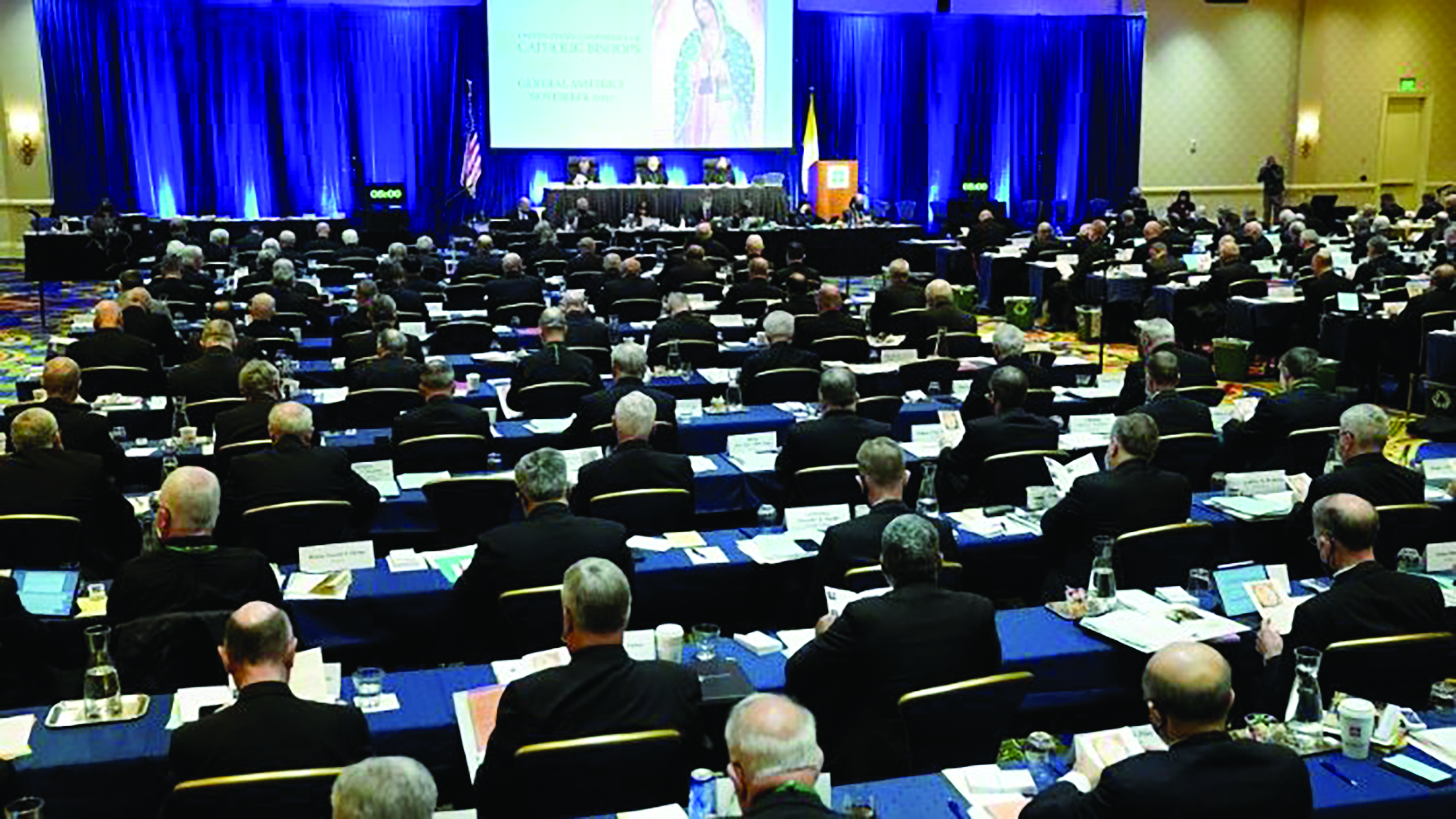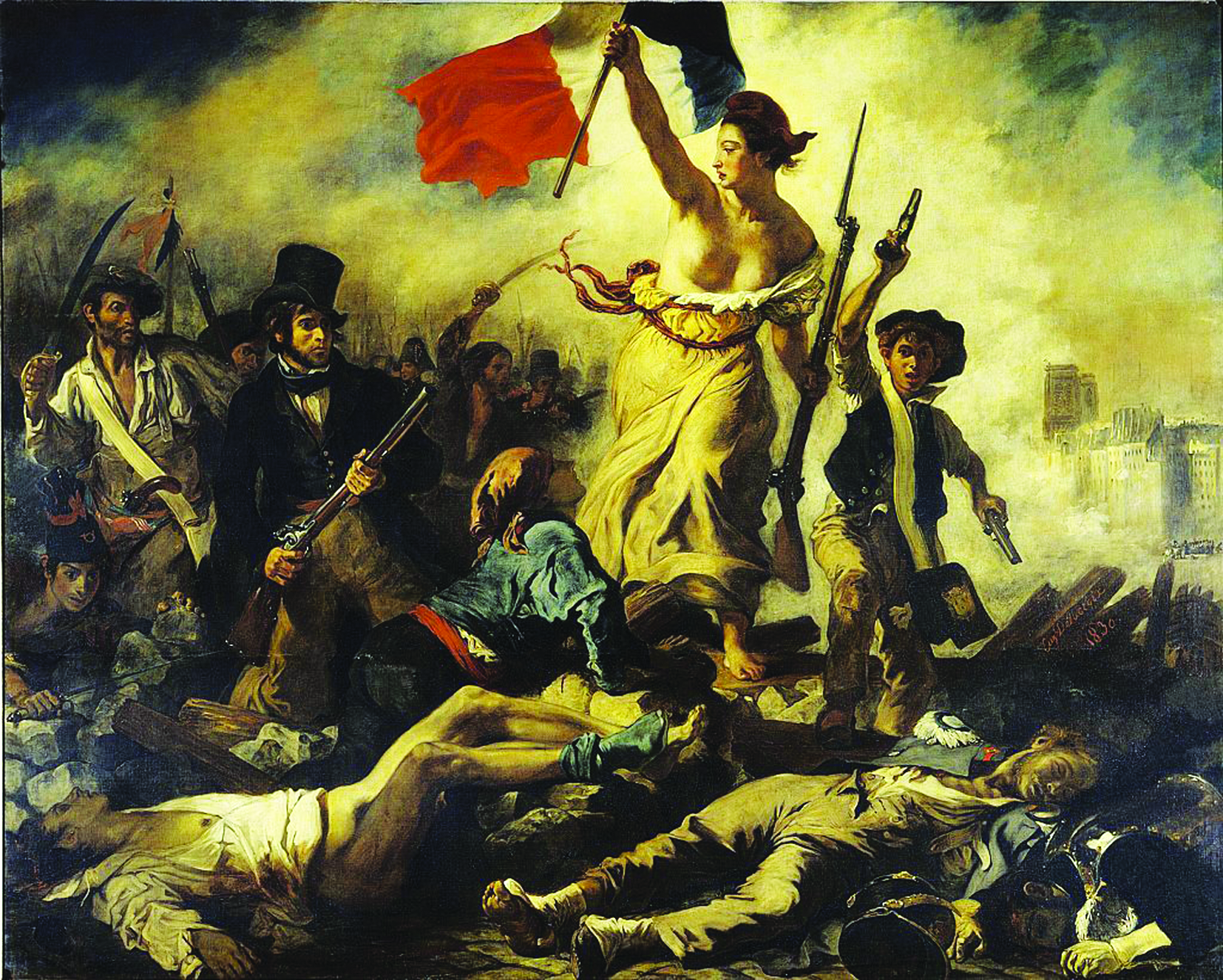During the 64th meeting of the Italian Bishops’ Conference (CEI), which took place at the Vatican from May 21 to 25 this year, the conference president, Cardinal Angelo Bagnasco, headed off a possible division in the pro-life movement in Italy through careful remarks.
The Italian bishops have generally viewed the March for Life favorably, Bagnasco told reporters May 25 at the conclusion of the CEI General Assembly. But the bishops also see the initiatives of groups traditionally close to the Church, like Movimento per la Vita (MpV, Movement for Life), as important.
“You may not exclude anything of what is good,” Bagnasco explained. “You marry neither one or the other, all that is good can be embraced without exclusions.”
Bagnasco’s words helped cool a possible controversy following alleged rivalries between two pro-life events which took place in Rome in May: the third annual national pro-life march in Rome on May 13, anniversary of the first Fatima apparition in 1917, which called for a repeal of Italy’s law permitting abortion, and “Lifeday 2012” in the Vatican Paul VI Audience Hall (former Aula Nervi) under the sponsorship of the MpV on the following Sunday, May 20, which especially promotes family life. (The choice of this date was motivated by the fact that it was the closest Sunday to May 22, which this year marked the 34th anniversary of the abortion law in Italy.)
“Lifeday 2012” was presented in early May by the MpV President Carlo Casini in the Italian bishops’ conference paper, Avvenire, as a positive commitment “in favor of” life, rather than “against” abortion, “without for this failing to decry the injustice against life” represented by abortion.
These lines were seen by commentators as a reference to possible divisions in the pro-life movement, due to the fact that the MpV, at least officially, had no part in the pro-life march the previous week.
But Casini denied this was the case, saying his aim is to build unity and just as some MpV members joined the march, he in turn hoped for its participants to likewise attend the Vatican event. And that is exactly what happened, the dailyIl Foglio reported.
That’s why Casini was inclined to view the MpV-sponsored “Lifeday” at the Vatican as a celebration capping and winding up what in his opinion should be seen as an Italian “pro-life week.”
The Pope could not address the May 13 marchers because he was on a pastoral visit to Arezzo in Tuscany. However, on the following Sunday, May 20, the Pope did address the members and supporters of the MpV and the other pro-life groups gathered at the Vatican to celebrate their “Lifeday 2012.”
Cardinal Ennio Antonelli, president of the Pontifical Council for the Family, was among the senior prelates who granted his endorsement to the march the week before, but also gave concluding remarks at the MpV-sponsored proceedings in the Vatican.
“The commitment of the pro-life movement is more necessary and urgent than ever and is encouraged also by some positive signs coming from politics,” he told the weekly Famiglia Cristiana (May 20, 2012). “But for Christians, the decisive encouragement comes from our Lord Jesus, who shows us the ultimate goal and the absolute value of human life. It is He who calls us and sends us to defend human life when it is most fragile.”
Among the other senior prelates who endorsed the march were senior cardinals, such as the secretary of state, Tarcisio Bertone, the president of the Italian bishops’ conference, Bagnasco, and Raymond Burke, prefect of the Supreme Tribunal of the Apostolic Signatura. Cardinal Burke also marched with the pro-lifers throughout the agreed itinerary, from the Colosseum to Castel Sant’Angelo, near the beginning of the Via della Conciliazione leading to St. Peter’s Square.
This third pro-life march in Rome proved a much greater success than the first two, with some 15,000 marchers, at least 10 times as many as in 2011. More than 100 pro-life groups, many from abroad, were present. But the success of the march was marred by the infiltration of far-right groups, and the ensuing polemics in the media caused “embarrassment” in the Vatican.
There were politicians marching with the activists, notably the mayor of Rome, Gianni Alemanno, who said the march was totally devoid of any political sponsorship, since it was the reflection of a real “demand for life” coming from the grassroots pro-life movement, whose slogans, banners and placards could not have been clearer in their ultimate aim: to press for the uncompromising stance that the present law 194, legalizing abortion, be scrapped.
But it remains to be seen whether politicians, who are always so quick to join in any public event in a bid to win votes, and their counterparts in the top echelons of Italy’s pro-life movement, are prepared to engage in an all-out parliamentary battle to phase out the abortion law.






Facebook Comments